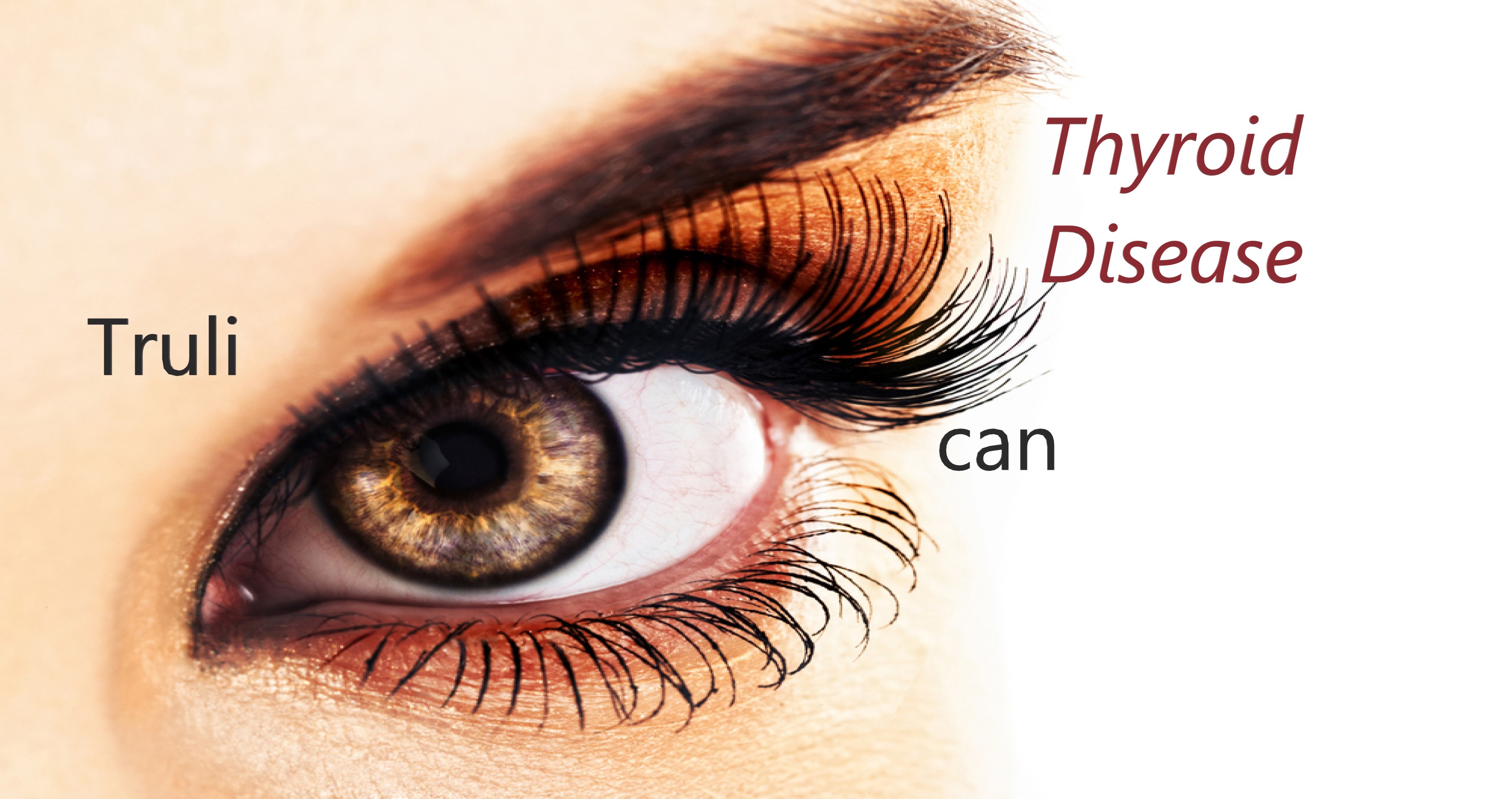Indications Of Sleep Deprivation
The second sign that something is wrong, are sleepless nights, and lot’s of tossing and turning. After the diagnosis of Graves’, a beta-blocker for heart palpitations is part of my treatment plan. While drowsiness is a side effect, my blood pressure is too low. So I must be weaned from the medication after heart rhythms become normal. Being sleep-deprived leads to many health complications, and my family doctor is skeptical of using narcotics. There are many supplements on the market but I feel this simple home remedy will do the trick!
Health Benefits Of A Banana
The skin of the banana maintains many important nutrients. High amounts of B6 and B12 are in the shell. Magnesium and potassium are found in the skin, along with some fiber and protein. The inside flesh of the banana is soft and sweet but the shell is bitter. We are all familiar with peeling and tossing the skin away. Most of us enjoy the creation of smoothies, and bananas are something healthy to incorporate into our drink. Even using the shell is not uncommon. To simply eat the shell is probably something we choose not to partake in.
Better Sleep Achieved By Cooking The Peel
If you boil the banana for at least ten minutes or longer, the shell will not taste so bitter. The heat will break down some of the fiber, and also loosen up the tough texture making the peel easier to chew and digest. What I find interesting is after this process, you can drink the water with all the nutrients in it. It’s almost like drinking some sleepy time tea before bed. I feel this home remedy is helpful to those choosing a more holistic approach in the fight against sleep deprivation and struggles with autoimmune disorders. Please watch the video and enjoy it! Below the video is a breakdown of the nutrients to help you with sleep deprivation!
BREAKDOWN OF NUTRIENTS
The sweet flesh of a medium-sized banana contains significant percentages of your daily recommended intake.
- 12% of your daily fiber, which helps with digestion and may help lower your risk of diabetes
- 17% of your vitamin C, which is important for your immune system as well as growth and development
- 20% of your vitamin B-6, which aids the body’s ability to convert food into energy
- 12% of your potassium, which helps in the development of cells, tissues, and organs throughout the body
- 8% of your magnesium, which is important for the body’s energy productions and regulating glucose and blood pressure levels











Leave a Reply
Your email is safe with us.
You must be logged in to post a comment.